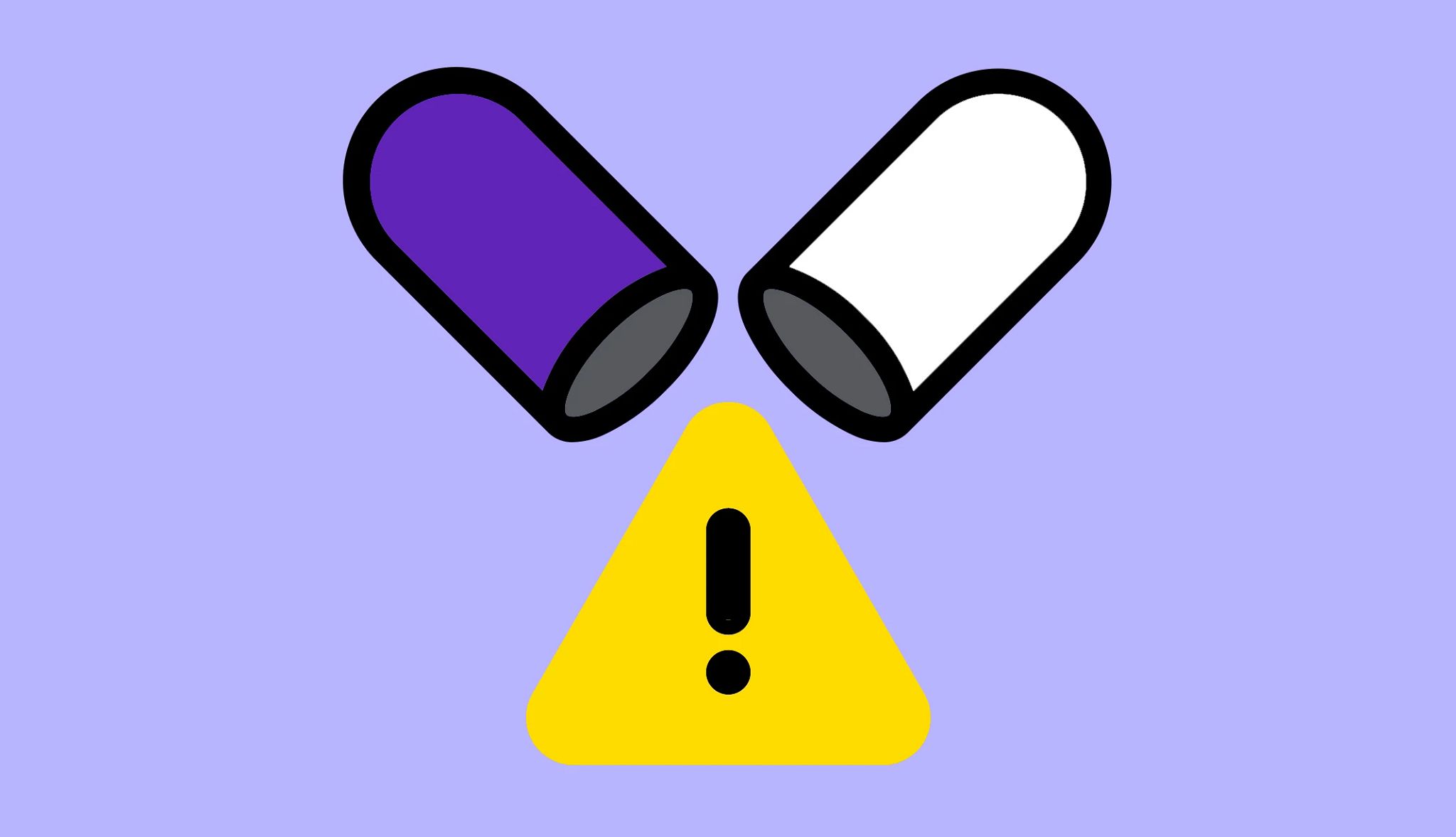AARP Hearing Center


If you’re like nearly 80 percent of older adults, chances are, you took a supplement today. Maybe it’s an insurance policy if your diet doesn’t cut it. Maybe it’s because you have joint pain and you want to ease the ache. Whatever your reason, the overarching goal is probably not to damage the liver. Unfortunately, the reality is that many popular supplements can do just that — and little else — causing repercussions as severe as liver failure.
While there are several categories of supplements, including multivitamins, single-nutrients (such as omega-3s, vitamin D or calcium), and herbals (also called botanicals), it’s the herbal supplements that pose the biggest risk for liver damage. About 5 percent of U.S. adults — that’s 15.6 million people — took potentially liver-damaging botanical supplements within the last month, according to a study published in 2024 in JAMA Network Open, with middle-aged and older adults being some of the most likely groups to do so.
In the study, six specific botanicals were singled out because data from the Drug-Induced Liver Injury Network identified them as the ones that are most likely to be associated with liver toxicity. These six supplements include:
- Ashwagandha
- Black cohosh
- Garcinia cambogia
- Green tea extract
- Red yeast rice
- Turmeric/curcumin
Researchers found that older individuals were more likely than younger populations to take these botanicals – and it’s not difficult to understand why. Turmeric/curcumin is often promoted to ease joint pain from arthritis, which affects roughly half of adults 65 and older, and black cohosh is marketed for menopause symptoms. Red yeast rice is taken to lower cholesterol levels and improve heart health, two leading health concerns among older adults.
While the six supplements above may be the ones most often implicated in liver injury, according to this study, far more fit in this category. About 1,000 medications and herbals are associated with liver damage, research suggests.
How supplements can harm the liver
A hardy organ, the liver is the body’s clearing house. “Pretty much anything you ingest has the potential to be toxic to the liver,” says Don Rockey, M.D., a professor of medicine at the Medical University of South Carolina and an American Liver Foundation volunteer expert. “Everything you consume goes into the [gastrointestinal] tract, is absorbed, and the first place it goes is the liver,” he explains.



































































More From AARP
3 Trendy Supplements: Do They Work?
Learn about ashwagandha, berberine and bilberry, including their potential side effects.
3 Supplements You May Need After 50
Here a few that can be mighty important, as well as others you may want to steer clear of altogether.
A Comprehensive Guide to Boosting Your Liver Health
29 tips on how to reverse damage and avoid serious problems in the future